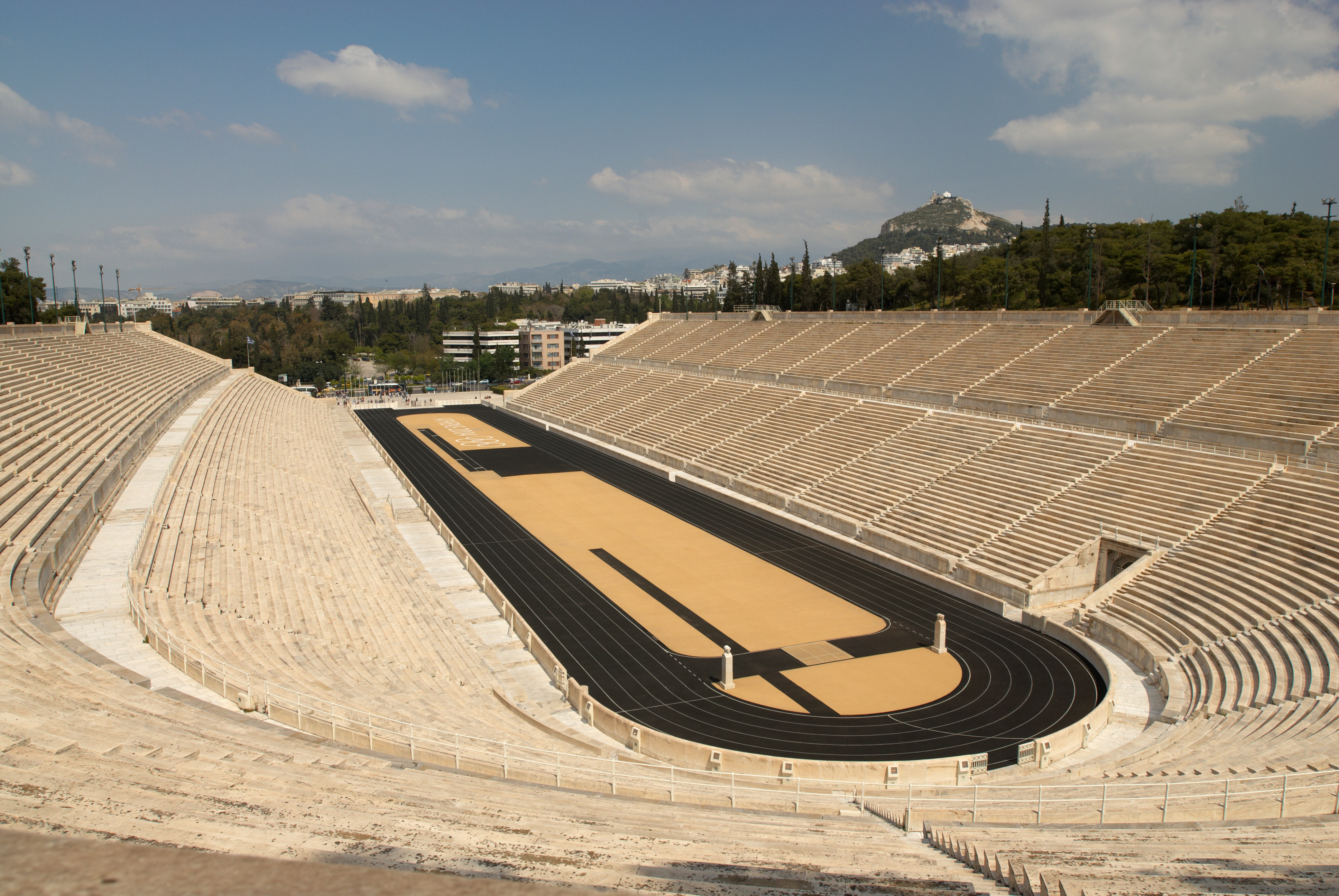Most Memorable Olympic Opening Ceremonies
As with any tradition stretched over more than a century, the Olympic opening ceremony has changed quite a bit. The modern Olympic Games have taken place in three consecutive centuries. Over that time, athletes have tested the limitations of the human body, sports apparel has evolved beyond recognition and aspiring cities have spent millions of dollars transforming their infrastructure in record times to impress the world. So much has changed, but the Olympics are overflowing with tradition, none more impressive than the Olympic opening ceremonies. Here are some of the most memorable and the moments that made them so special.

The Panathenaic Stadium in Athens was the site of the first modern Olympics in 1896. It is also where the Olympic flame is finally passed to the host nation to start the Olympic Torch Relay.
1896 – Athens, Greece
It’s hard not to start our list with the first modern Olympics. The Olympics were revived in Athens, setting the standard for many traditions that are still in motion to this day. Athens drew on more than a thousand years of ancient Olympic history for the revival, organizing an opening ceremony which included an introductory speech by the organizer of the Olympic committee followed by a brief welcome by the Head of State. After the words came the music, which was an Olympic hymn accompanied by words from the then current poet Kostis Palamas. It wasn’t until 1920 that other ancient traditions started becoming a part of the ceremonies, such as the oath of sportsmanship taken by the athletes and the lighting of the Olympic flame.
1948 – London, England
The Olympics were postponed for twelve years following the 1936 Olympics because of World War II, and returned in spectacular fashion. However, these Games are not remembered for expensive pageantry. In fact, they quickly became known as the Austerity Games due to the fact that little money was spent creating new stadiums and other accommodations, which became typical leading up to the 1936 Olympics. Rather, the return of the Olympics in a rebuilding London stood as a symbol of Allied victory in World War II. It was as reflective as it was moving, an example of the world returning to some long-awaited sense of normality. International broadcasting didn’t occur until 1956, but the 1948 Games were televised locally in London.
1964 – Tokyo, Japan
Unable to participate in the 1948 Olympics in London, the Japanese were eventually awarded the Games in 1964. It was the first Olympics to be broadcast live around the world, the first to be broadcast in color and one of the first to hold the Games in the fall to avoid the sweltering heat. Although Japan participated in the 1952 Olympics following their ban in 1948, hosting the Olympics presented an opportunity to illustrate their own tribute to the horror of World War II, the humility of a nation and the resiliency of the human spirit. Born on the day the atomic bomb was dropped in Hiroshima in 1945, 19-year-old Yoshinori Sakai was given the honor of lighting the Olympic cauldron with the Olympic torch, symbolizing Japan’s commitment to peace.
1992 – Barcelona, Spain
The opening ceremony at the 1984 Olympics in Los Angeles are remembered as being a bit over the top or altogether underwhelming given the exorbitant cost. Some critics believe that it marked the beginning of the overzealous opening ceremonies. On the contrary, the 1988 Olympics in Seoul might have rectified matters if not for several of the doves that were released being torched by the Olympic cauldron. 1992 presented an opportunity to restore the quality of the opening ceremony and get back to the traditional Olympic roots, and it didn’t disappoint. One of the most memorable moments was when Spanish archer, Antonio Rebollo, lit his arrow from the Olympic torch and took aim at the cauldron atop the stadium. The dramatic moment might’ve been outdone in 1996 when Muhammad Ali fought his way to the Olympic cauldron, but cannot be ignored.
2008 – Beijing, China
The Olympic opening ceremonies continued to evolve and expand into the twenty-first century, growing into one of the largest live spectacles ever assembled and always trying to top the previous host nation. China’s to thank for setting the present day standard for the opening ceremony. It’s no surprise that London fell a bit short in 2012, and Rio isn’t expected to outperform what occurred in Beijing on the warm early August night. Chinese film director Zhang Yimou, along with top choreographers and composers, undertook the weighty task of capturing China’s rich cultural history in a beautiful narrative with one thrilling act after another until the torch was finally lit in spectacular fashion. The only drawback was the production cost — $100 million.






